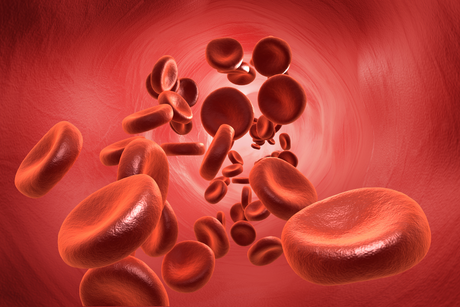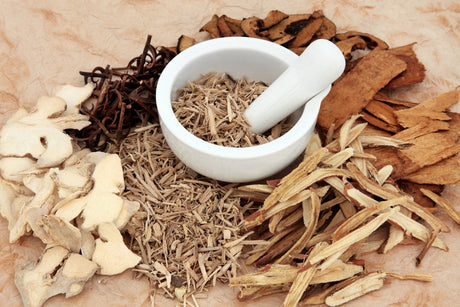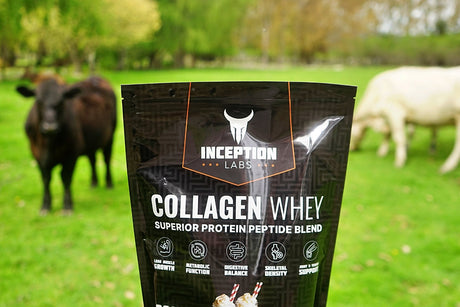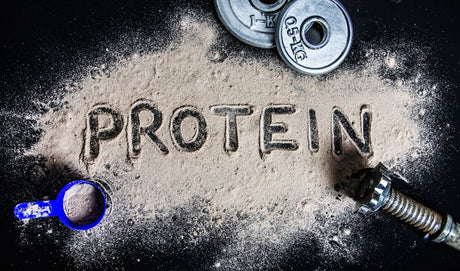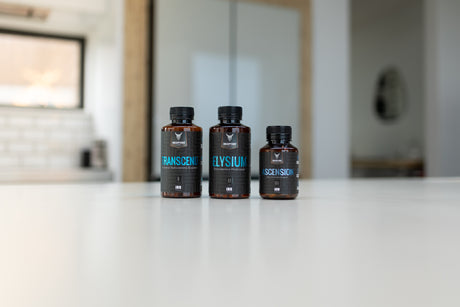Creatine is a nitrogenous organic acid that occurs naturally in vertebrates and helps to supply energy to cells. First discovered in 1832 by French chemist Michel Eugène Chevreul., it was not until 1912 that German scientist Alfred Gobel synthesized creatine monohydrate, the most common form of creatine found in supplements today. Since then, creatine has been widely studied for its effects on muscle growth and exercise performance.
Creatine is primarily stored in skeletal muscle and is synthesized in the liver, pancreas, and kidneys. It is transported to muscles through the blood and stored inside muscle cells. When cells need energy, creatine is converted to phosphocreatine and provides energy for short, high-intensity activities such as lifting weights or sprinting. Phosphocreatine is also involved in making new ATP (adenosine triphosphate), the primary source of energy in cells. Creatine helps improve athletic performance, increase muscle mass, and reduce fatigue. Additionally, creatine has been shown to increase water retention in muscles, providing a greater volume and helping to promote growth.
Creatine Monohydrate
When it comes to sports supplementation, creatine monohydrate is by far the most popular type of creatine on the market. Taking proper dosages can help improve exercise performance, increase muscle mass and strength, and reduce recovery time. The prevalence of creatine monohydrate as the preferred creatine source is due to several factors:
Stability and bioavailability
Creatine monohydrate is the most commonly used form of creatine for sports supplements because it is the most stable and efficient form. Creatine monohydrate constitutes a creatinine molecule attached to a water molecule and is more soluble in water than other forms of creatine, making it more easily absorbed by the body. Additionally, creatine monohydrate is less likely to be converted into creatinine, an inactive waste product. As a result, creatine monohydrate is more efficient at providing energy to muscles and improving exercise performance.
Safety and efficacy
Creatine monohydrate is the most researched form of creatine, validated to be safe and effective in multiple studies. In comparison, other forms of creatine have not been studied as extensively, and there is less evidence to support their safety and efficacy. For example, one study found that creatine ethyl ester was associated with gastrointestinal side effects, while another found that it was no more effective than placebo in improving exercise performance. Similarly, studies on liquid creatine have yielded mixed results, with some showing benefits and others showing no difference from placebo. Overall, creatine monohydrate is the most well-researched form of creatine and is generally considered the safest and most effective option. It is very well tolerated, with few side effects reported. However, some people may experience bloating or cramping when taking large doses.
Market availability and cost efficiency
The global creatine monohydrate market is anticipated to reach $3.4 billion by 2025, growing at 8.8% per year. The market is driven by the increased availability of raw materials and the cost efficiency of manufacturing processes. The increased availability of raw materials has reduced the cost of manufacturing, making creatine monohydrate more affordable for consumers. In addition, the improved stability and solubility of creatine monohydrate have made it more available for use in supplements and functional foods.
Creapure – the gold standard in creatine?
Creapure is a premium-grade, 99% pure, micronized creatine monohydrate. It is manufactured in Germany by AlzChem Trostberg GmbH in a patented process that produces exceptionally pure creatine. Creapure has been shown to be safe and effective in numerous clinical studies. It has also been granted the coveted "Clean Sport" certification from NSF International. This certification assures athletes that Creapure does not contain any banned substances. As a result, Creapure is the preferred choice of many professional and amateur athletes. Creapure has become the gold standard for creatine supplementation thanks to its quality and safety. Quality is critical when it comes to supplements, and Creapure is the best of the best. If you're looking for a safe, effective way to improve your performance, Creapure is the answer.
Consumption methods
One of the common methods of consuming creatine is through a process known as loading. During a loading phase, users typically consume 20-30 grams of creatine per day (split over 4-6 servings) for 5-7 days to saturate their muscles with the substance. After this initial loading phase, users maintain their creatine levels by taking a smaller maintenance dose of 3-5 grams daily. A loading phase is typically repeated once every 12-16 weeks.
While loading is a popular method of taking creatine, there is debate over whether it is actually necessary. Some studies have shown that loading can lead to greater muscle saturation. In contrast, others have found that there is no significant difference between loading and taking a maintenance dose from the outset. However, creatine loading may also cause side effects in some users, such as weight gain, dehydration, and gastrointestinal distress. As more research is conducted, it may become more apparent whether or not creatine loading is genuinely beneficial. For now, though, many people continue to use this method to give themselves an extra boost during their workout routines.
Regardless of the loading or maintenance phase, it's worth noting that ingesting creatine with simple carbohydrates or protein dramatically improves absorption rates by up to 60%.
What’s with the creatine shortage?
Noticed a distinct lack of high-quality creatine supplements on the shelves in recent months? The world is facing a Creapure shortage. The shortfall in the supply of Creapure is due to several factors, including the declining availability of raw materials and the increasing demand from emerging markets. The shortage of Creapure is expected to significantly impact the global market for dietary supplement products.
Inception Labs’ Creatine Monohydrate
We’ve secured a stable supply of Inception Labs’ Creatine Monohydrate powders at Supplement Solutions.
Available in lemon-lime, mango and pineapple flavours, this creatine has been optimally formulated to complement Inception Labs’ Valor pre-workout flavour profiles when mixed.
Using Creapure as its source, Inception Labs’ Creatine supplement is assured to be;
- HPLC verified
- Vegan
- GMO free
- Gluten free
- Sugar free
- Kosher
- Halal
- Banned substance tested
- IFS food certified
Further questions?
Visit us in store or click here to send us a message
Author
Walley, Elise. 2022. Creatine: The acclaimed champion of supplements




